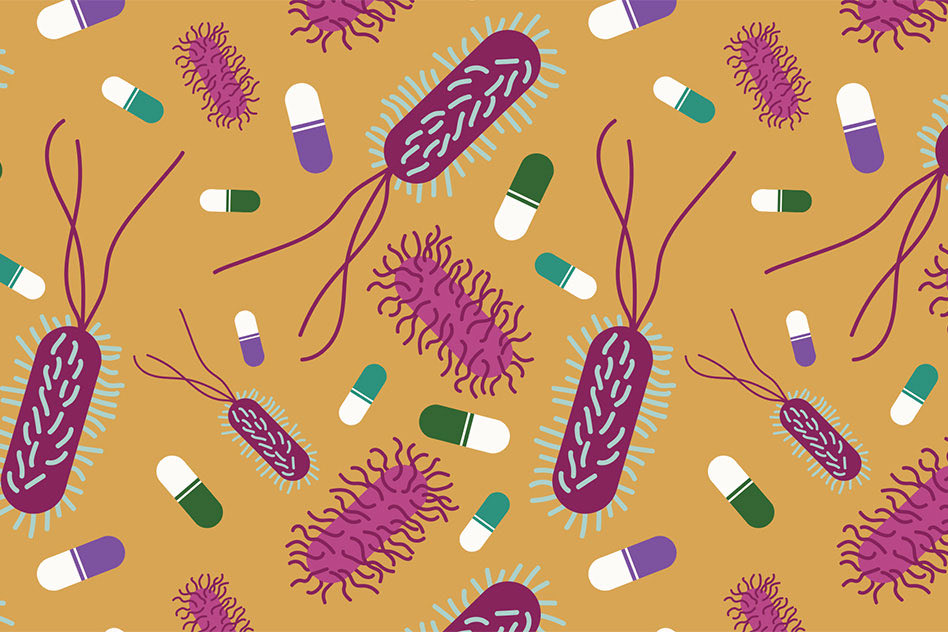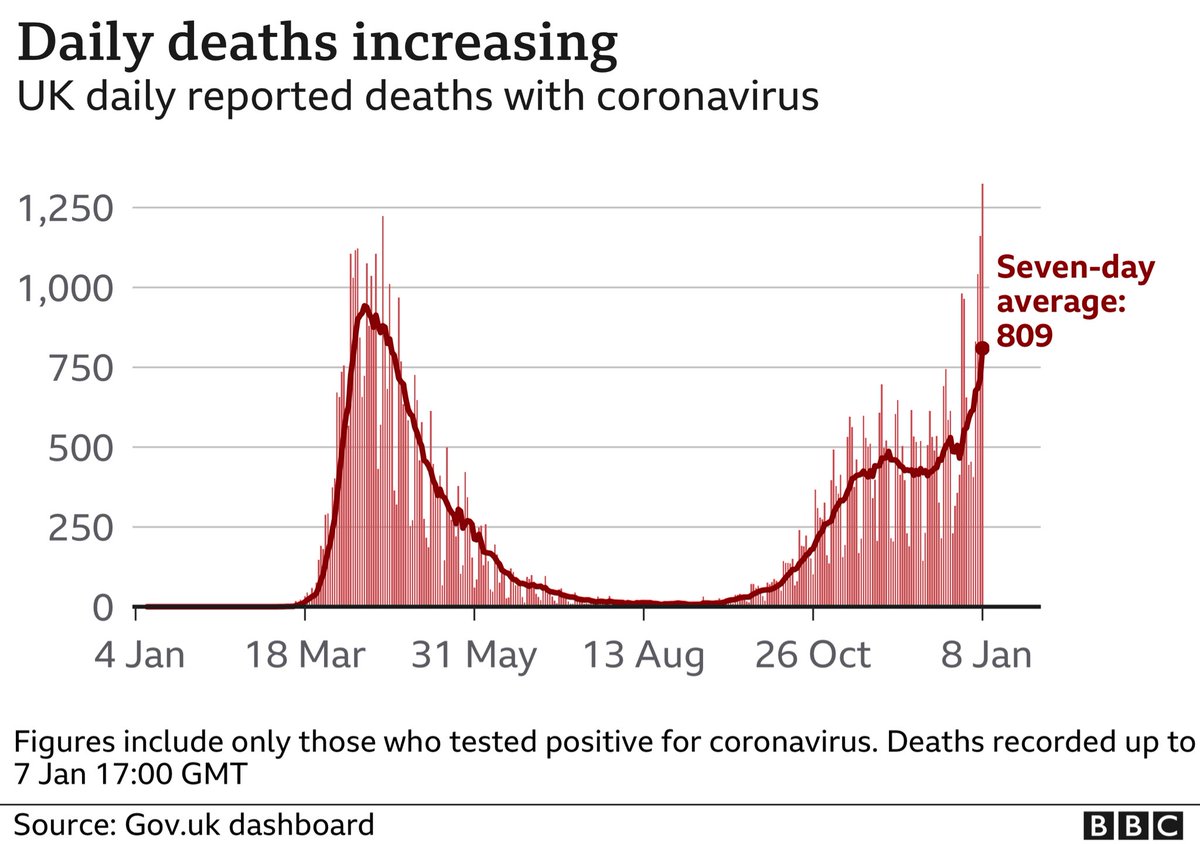
Last Call! Apply by Thu March 4th for Spring 2021 “Business of Biotech” discussion sessions (Wed, 3-5pm ET, March 10/17/24). If can’t make it, our virtual Thinkific materials (listed below) are available indefinitely & more discussions to come. Register at racap.com/courses
RA Capital hosts course b/c we are inspired by all that we've seen the biotech industry accomplish for human health, have learned a lot of the past couple of decades, and want to share lessons learned so that biotech can be even better than it has been.
And now more than ever, we think it's important for everyone in biotech to understand and unite around Biotech Social Contract that governs what the public expects of innovators and insurance.
Below I'll summarize what we'll cover in the discussion sections and describe the required prep for the course, with direct links to those materials you can access even outside of Thinkific.
In our 3 discussions (& 4th optional "pitch-off" on March 31, 3-6pm ET), participants discuss complexities of drug pricing, innovation, & investment, building on thegreatamericandrug.com, covering insurance, NPVs, M&A, & investment diligence process w/ & w/o price controls.
In 1st session, we'll cover the Biotech Social Contract, how “ordinary” cost-effectiveness overlooks value (most notably that drugs go generic) & examine impact of competing healthcare reform proposals (HR-3 vs nopatientleftbehind.org) on affordability and innovation.
2nd session is on competitive game theory & why some companies are more attractive acquisition targets than others. In all sessions we do small group breakouts so people can work through questions with peers b/f coming together to get our insights.
3rd session is a big change-up. Last Fall it was how COVID is a microcosm of healthcare industry. This time we’ll reverse-engineer successful & failed biotech companies to figure out how they differed at the outset (if at all!).
Optional 4th session: we’ll cap this series off w/ a “pitch-off” competition, tournament style to identify BEST pitch of an existing public or private company. This is also a chance to get to know more of RA Capital's investment team, which can help polish the pitches each round.
Goal of discussions is to BUILD on materials in Thinkific (explainer slide decks, recorded lectures, readings, & even worksheets/exercises). The discussions assume people put in the time to prepare on their own.
To join for discussions (Wed, 3-5pm, starting March 10th), sign up at RACap.com/course, inhale required reading (incl: thegreatamericandrugdeal.com; save time by getting eBook/audiobook) & watch recorded lecture b/f the March 10th 1st session.
List of Req readings/viewings: My book covers the Biotech Social Contract, insurance and its reform, and value of drugs going generic and fixes for when they don’t. (This is the heaviest req reading assignment; get started asap w/ebook or audiobook). thegreatamericandrugdeal.com
This trilogy of explainer slides we created for @NPLB_org cover the healthcare reforms the US needs, how private sector integrates w/ public funding to drive innovation, & impact of price-controlling winners on entire drug portfolios. Lawmakers read these. nopatientleftbehind.org/presentations
"If Trikafta Isn’t Good Enough for ICER, What Drug Is?" Great article by my colleague on limitations of conventional cost-effectiveness analysis when assessing value of a drug (and therefore why Congress shouldn’t use such math to set prices) timmermanreport.com/2020/05/if-tri…
After you’ve read The Great American Drug Deal, read this article, which we submitted to a Senate panel. "It’s Time to Bring Generic Drug Manufacturing Back to the U.S." Combines thinking about getting value w/ generic drug quality concerns. statnews.com/2020/06/02/bri…
Some think price increase caps are a benign price control. Here’s freakonomic analysis that shows how even that measure would harm patients due to unintended consequences (though would be workable w/ some tweaks). "When Raising Drug Prices Helps Patients" timmermanreport.com/2020/07/when-r…
Watch the recorded Lecture 1 from the first online Business of Biotech course that covered some of the topics in the book and articles on insurance, price controls, & Biotech Social Contract. Only available on Thinkific - Register at racap.com/courses
Article on Solution Development vs regular drug development. What's difference? In former, company defines itself by the problem it aims to solve, not the technology it happens to have. It's how Gilead dominated HIV & HCV & explains a lot of acquisitions. racap.com/media/Perspect…
Article I wrote 10 years ago (still relevant) on tension between a company’s lead drug and its pipeline, which can result in business model instability. Solution to problem is Solution Development (prior article) or having a TRUE platform. racap.com/media/Perspect…
HCV Explainer slides that teaches how the Hepatitis C chess game played out, step by step, over 15 years, leading to Gilead, AbbVie, and society winning. Here's the powerpoint. Relevant for Discussion Session 2. peterkolchinsky.com/s/LessonsOfHep…
Watch recorded Lecture 2 from the first online Business of Biotech course that covered some of the topics in the book and articles. Only available on Thinkific - Register at racap.com/courses
Exelixis case slides teach story of company that persevered through incredible challenges. NPV model that builds line by line, shows where M&A synergies come from, & why it’s hard for a successful company to escape acquisition. On Thinkific - Register at racap.com/courses
So even if you don't register on Thinkific for the course, you can access a lot of the article and slides that are already out there. And we have more in RA Capital's Perspectives section (including podcasts). racap.com/perspectives
Thinkific course is free & gives you access to more content you won't get elsewhere (primarily recorded Lectures I mention above). Periodic discussion session we host are where you get to practice what you learn w/ more hands-on exercises & meet some peers. Knowledge sinks in.
And the learning never stops. Former students of our Business of Biotech course (~1000 by now) host meet-ups and clubhouse chats, organize on LinkedIn, and trade ideas for continued learning. So join in, absorb lessons of the past, and lead the advancement of biotech.
• • •
Missing some Tweet in this thread? You can try to
force a refresh





